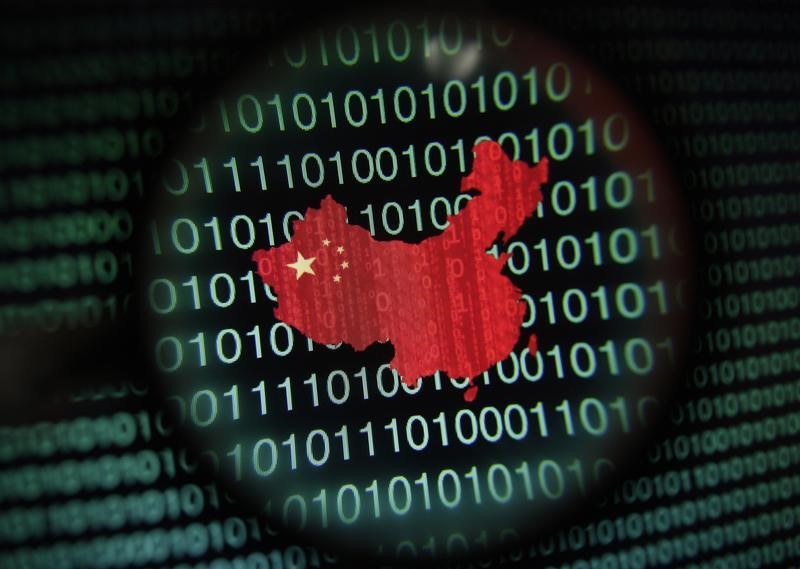By Ben Blanchard
BEIJING (Reuters) - China passed a controversial new anti-terrorism law on Sunday that requires technology firms to help decrypt information, but not install security "backdoors" as initially planned, and allows the military to venture overseas on counter-terror operations.
Chinese officials say their country faces a growing threat from militants and separatists, especially in its unruly Western region of Xinjiang, where hundreds have died in violence in the past few years.
The law has attracted deep concern in Western capitals, not only because of worries it could violate human rights such as freedom of speech, but because of the cyber provisions. U.S. President Barack Obama has said that he had raised concerns about the law directly with Chinese President Xi Jinping.
While a provision in an initial draft that would require companies to keep servers and user data within China was removed from the final law, technology companies will still have to provide help with sensitive encryption information if law enforcement authorities demand it.
Speaking after China's largely rubber-stamp parliament passed the law, Li Shouwei, deputy head of the parliament's criminal law division under the legislative affairs committee, said China was simply doing what other Western nations already do in asking technology firms to help fight terror.
"This rule accords with the actual work need of fighting terrorism and is basically the same as what other major countries in the world do," Li told reporters.
This will not affect the normal operation of tech companies and they have nothing to fear in terms of having "backdoors" installed or losing intellectual property rights, he added.
The installing of security "backdoors" was also initially mooted by China for the law.
Officials in Washington have argued the law, combined with new draft banking and insurance rules and a slew of anti-trust investigations, amounts to unfair regulatory pressure targeting foreign companies.
China's national security law adopted in July requires all key network infrastructure and information systems to be "secure and controllable".
The anti-terrorism law also permits the People's Liberation Army to get involved in anti-terrorism operations overseas, though experts have said China faces big practical and diplomatic problems if it ever wants to do this.
An Weixing, head of the Public Security Ministry's counter-terrorism division, said China faced a serious threat from terrorists, especially "East Turkestan" forces, China's general term for Islamists separatists it says operate in Xinjiang.
"Terrorism is the public enemy of mankind, and the Chinese government will oppose all forms of terrorism," An said.
Rights groups, though, doubt the existence of a cohesive militant group in Xinjiang and say the unrest mostly stems from anger among the region's Muslim Uighur people over restrictions on their religion and culture.

The new law also restricts the right of media to report on details of terror attacks, including a provision that media and social media cannot report on details of terror activities that might lead to imitation, nor show scenes that are "cruel and inhuman".